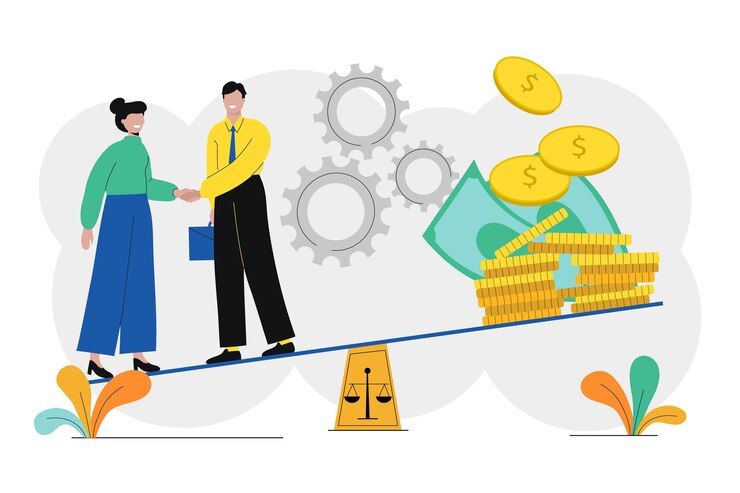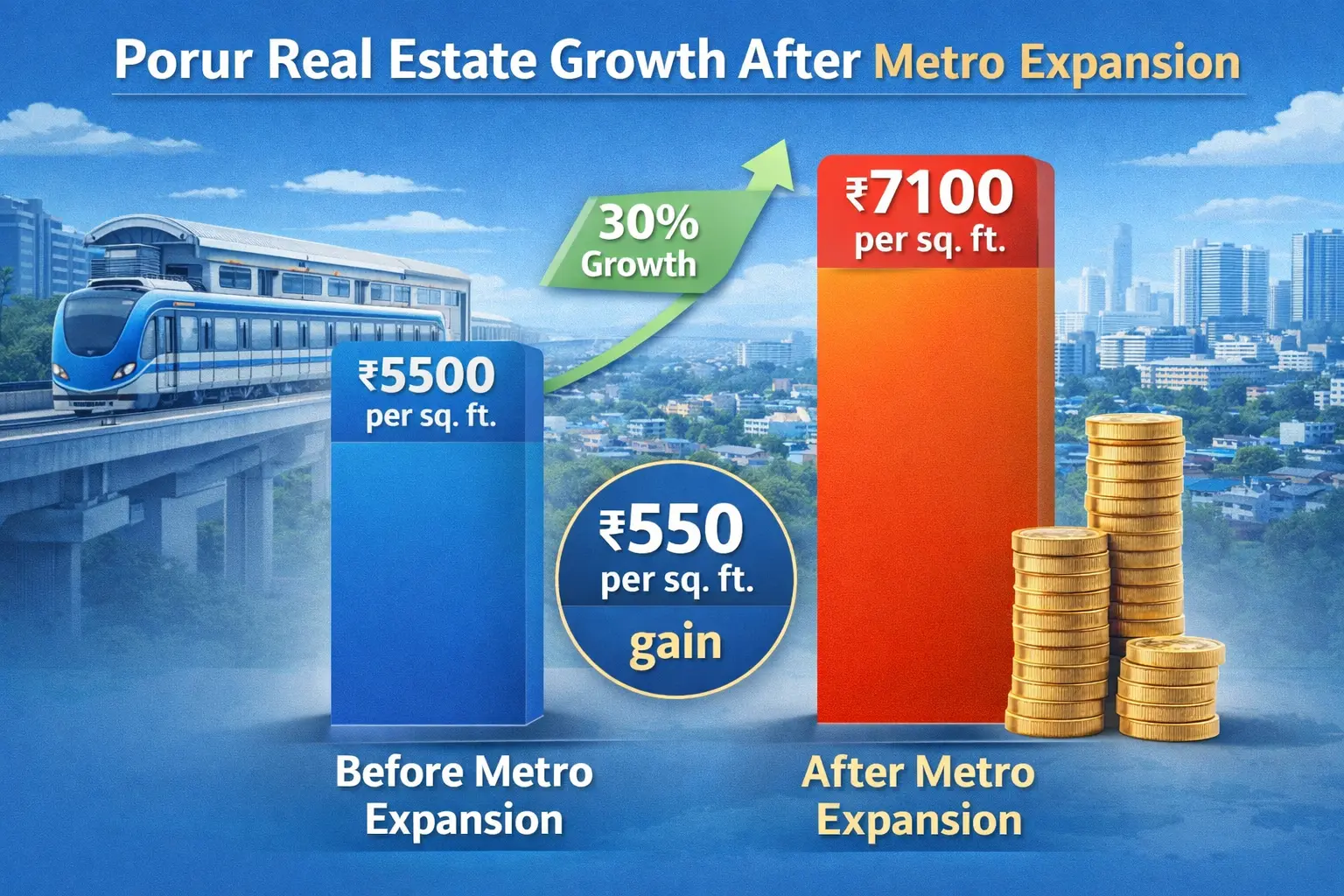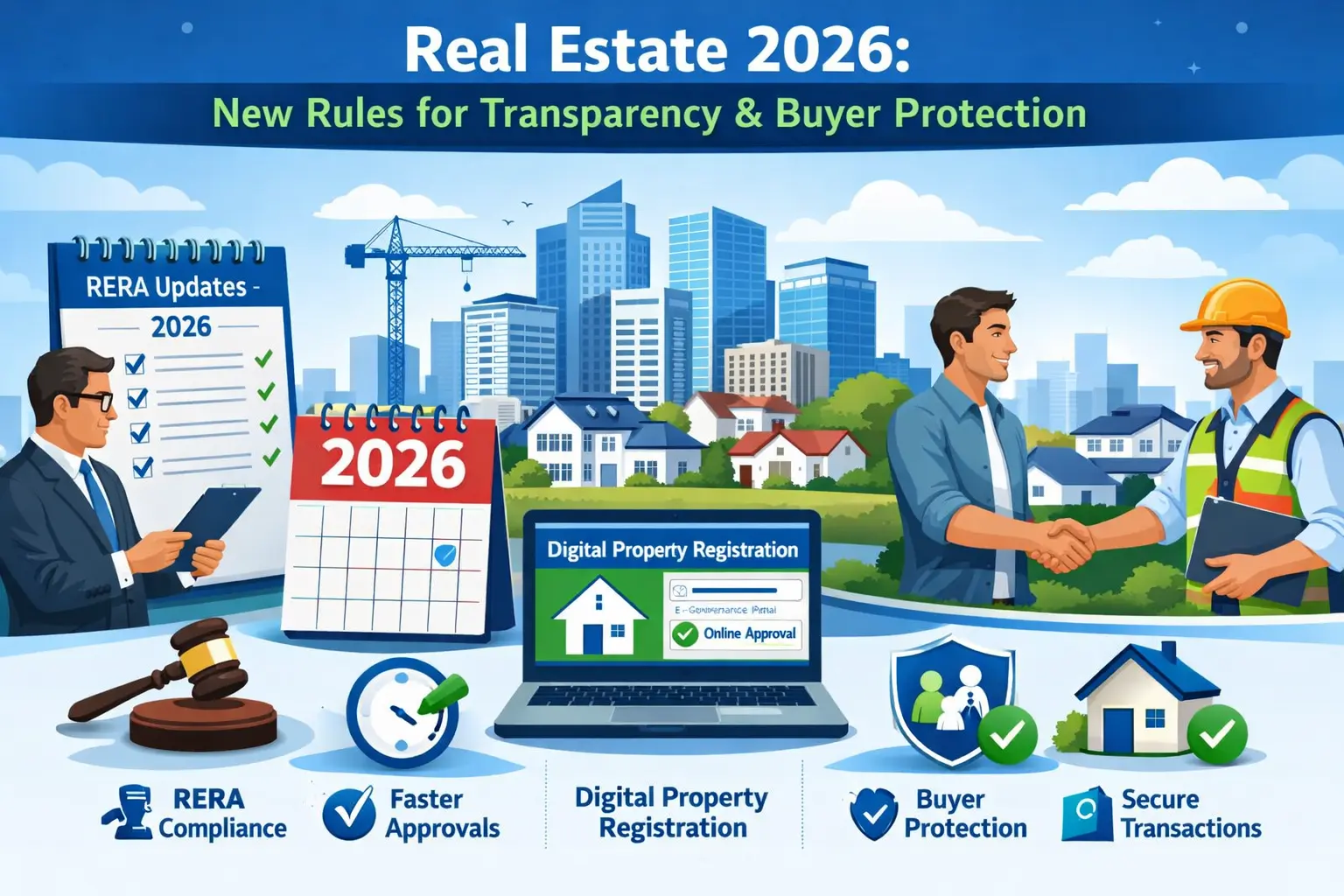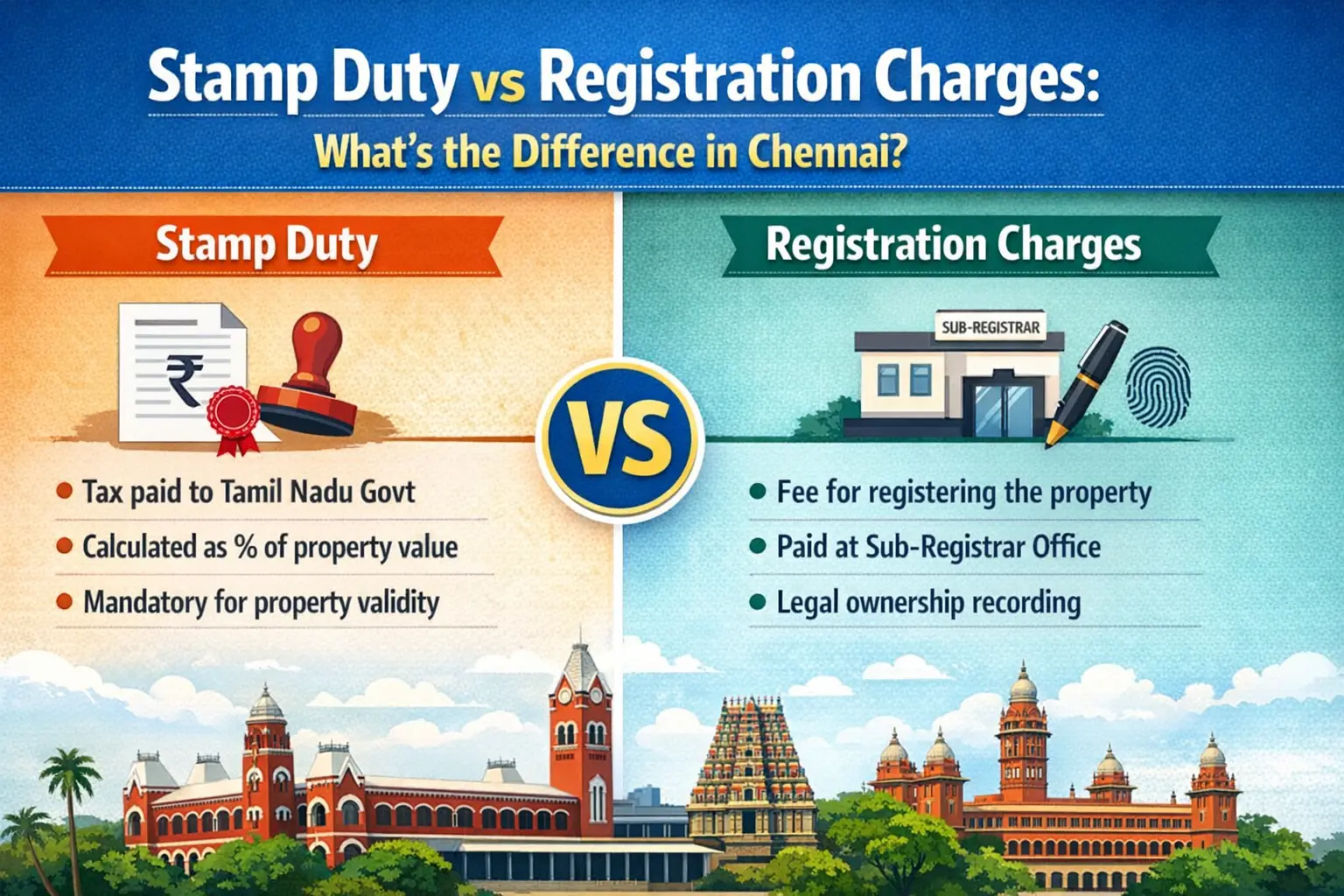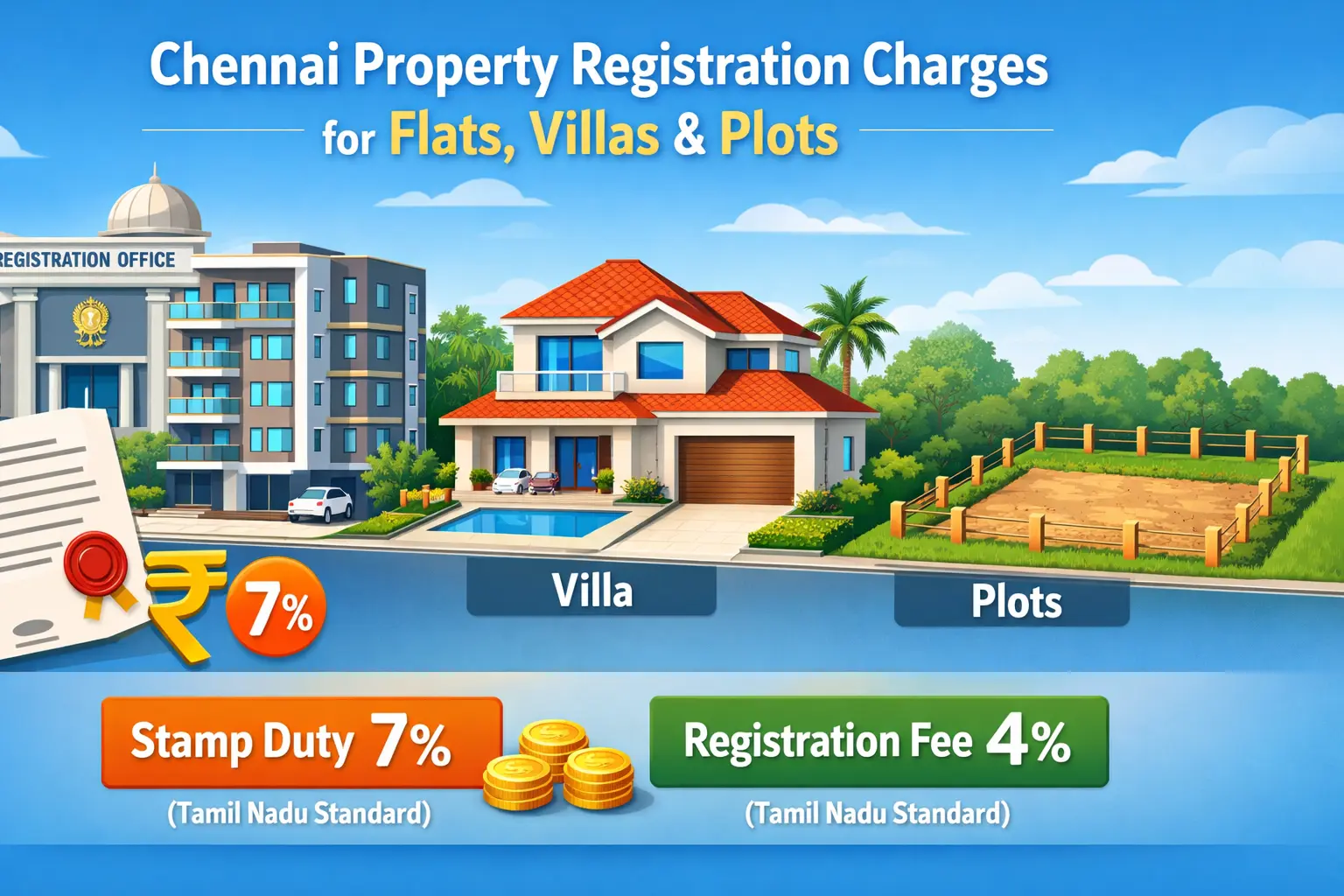Selling a Property:
What are the expenses connected with selling a home?
While selling your property might be beneficial, it also has costs. During the selling process, several expenses arise, and they can quickly mount up to 8-10% of the overall transaction price. We've outlined 10 common costs of selling your house below to assist you prevent surprises and budget for these fees.
Repairs:
First and foremost, before formally listing your home for sale, you must check that everything in the property is in working order and presents well to potential purchasers. The amount of investment depends on how much TLC the home requires.
The buyer may also send a home inspector to view the property and may require that you make further repairs. Consider these expenses as well. You can also be proactive and hire your own home inspector (typically for a few hundred dollars) so you know exactly what repairs to undertake.
Renovations you deal with:
Repairs are performed to verify that everything works properly. Upgrades are intended to make the area more appealing to buyers while also adding value.
Get the most bang for your buck by focusing on little renovations that make a huge impact, such as a fresh coat of paint, new hardware and fixtures, and landscaping. If you're not sure which upgrades are worth the time and money, consult with a reputable local real estate agent. They'll be able to tell you what improvements would help your house sell faster.
Marketing costs:
It also takes money to attract potential buyers' attention to your home. Professional photography, flyers, for sale signs for outside the home, open house supplies, and fees for putting the property on the MLM are all costs. If you're working with a real estate agent, these marketing costs will most likely be covered, but if you're selling on your own, you'll have to consider them into your selling budget.
Real estate commission:
You will also have to pay the commissions for your real estate agent and the buyer's agent as the seller. The commission ratio is normally between 5-6% of the total selling price of the home. Fortunately, you do not have to pay this upfront, but rather at closing.
Cleaning, decluttering and staging:
Giving your home a thorough deep clean, cleaning out any clutter that makes it look less desirable, and staging the furniture and decor to make it more appealing are all part of making it look better.
Potential buyers appreciate big, clutter-free, and well-decorated places since it allows them to imagine themselves living there. You can save money by cleaning, organizing, and staging yourself, but it takes time and work. Alternatively, you can delegate the job to professionals. Prices can vary, but each service will normally cost a few hundred dollars.
Time you spent to make it happen:
Whether you decide to undertake the majority of the selling activities yourself or employ others to assist you, the home selling process will still necessitate a large investment of your time and energy.
This may draw you away from other tasks in your life, so keep that in mind when calculating your selling costs.
Transportation Cost:
When you eventually sell your home, it's time to pack up and relocate, which can also be costly. Hiring movers, packing materials, and furniture for your new house can all be expensive.
If you haven't yet purchased a new house, you may need to find temporary lodging and storage throughout the transition period.
Seller concessions:
Buyers may also request that you cover some expenditures, such as inspection fees, appraisal fees, and home warranties, to sweeten the bargain and increase their likelihood of purchasing.
Buyers use this as a negotiating tactic or to offset some of their costs. The number of concessions permitted is determined by the loan and downpayment, and can range from 3-9% of the selling price.
Taxes:
Selling your home also means you may have to pay capital gains taxes, which are levied on the net profit of the transaction. There are certain exceptions. If you're single and have lived in the house as your primary residence for at least two of the last five years, you don't have to pay capital gains taxes on the first $250,000 of net income.
If the house wasn't your primary residence or you made a larger profit, you'll have to pay capital gains taxes, which range from 0% to 15% depending on the amount and your tax filing status.
Get avoid from Tax:
When selling a home, there are various strategies to avoid paying taxes. If you utilize the entire gain from the transaction to buy or build another house within two years, you will not have to pay any tax on the gains. Even if you bought another residence a year before selling the first, the two- and three-year periods still apply. However, the property should have been purchased in the seller's name.
